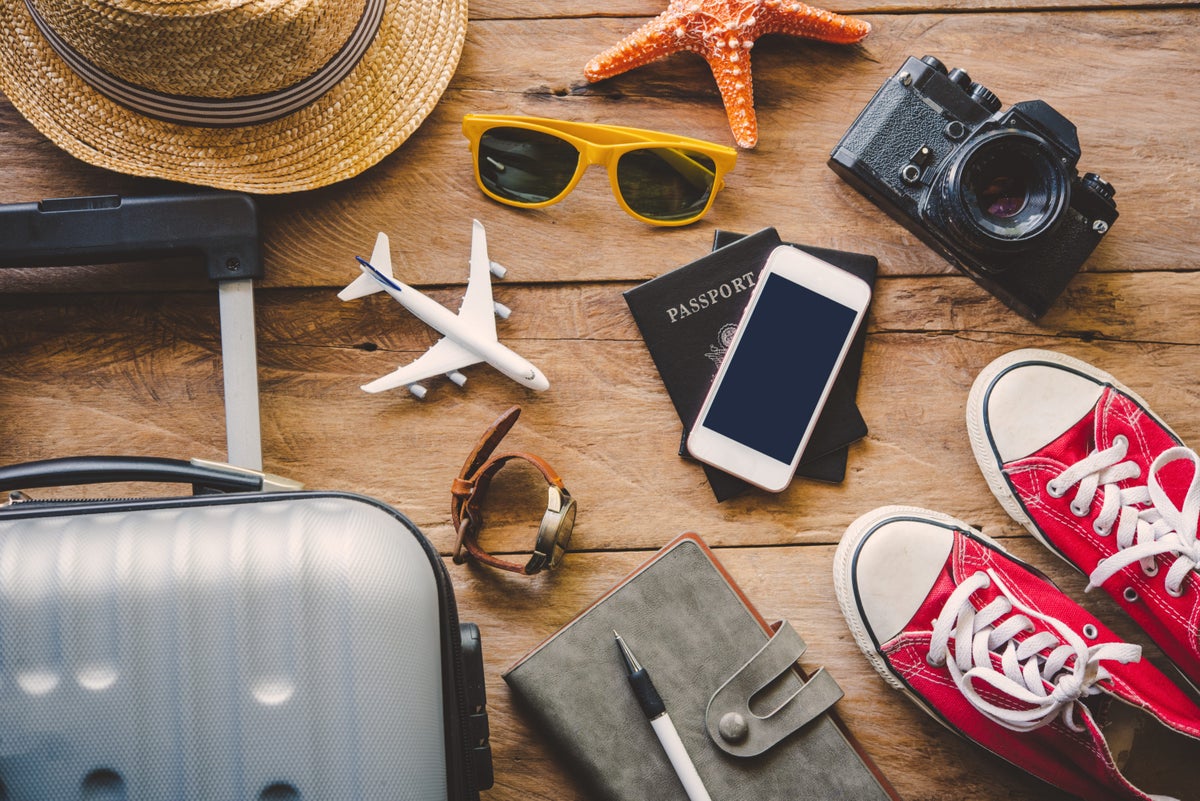Amar Hussain
Amar Hussain
Senior Content Contributor
870 Published Articles
Countries Visited: 63U.S. States Visited: 9
Amar is an avid traveler and tester of products. He has spent the last 13 years traveling all 7 continents and has put the products to the test on each of them. He has contributed to publications incl...
Edited by: Keri Stooksbury
Keri Stooksbury
Editor-in-Chief
118 Published Articles 3854 Edited Articles
Countries Visited: 54U.S. States Visited: 28
Editing with Upgraded Points for over 6 years, as editor-in-chief, Keri manages the editorial calendar and oversees the efforts of the editing team and over 15 content contributors, reviewing thousand...
& Kellie Jez
Kellie Jez
Director of Operations
6 Published Articles 1239 Edited Articles
Countries Visited: 10U.S. States Visited: 20
Kellie’s professional experience has led her to a deep passion for compliance, data reporting, and process improvement. Kellie’s learned the ins and outs of the points and miles world and leads UP’s c...
![How to Make a Travel Budget in 2026 [Free Template]](https://upgradedpoints.com/wp-content/uploads/2022/04/Top-view-tourist-counting-cash-to-spend-during-his-luxury-vacation-planning-budget.jpeg?auto=webp&disable=upscale&width=1200)










![The 10 Best Travel Yoga Mats – A Detailed Buyer’s Guide [2024]](https://upgradedpoints.com/wp-content/uploads/2019/08/lady-practising-yoga.jpeg?auto=webp&disable=upscale&width=1200)
![The 10 Best Travel Money Belts To Keep Your Valuables Safe [2026]](https://upgradedpoints.com/wp-content/uploads/2023/01/lady-wearing-a-money-belt.jpg?auto=webp&disable=upscale&width=1200)
![The 13 Best Travel Jewelry Cases and Organizers [2025]](https://upgradedpoints.com/wp-content/uploads/2019/10/Jewelry-box.jpeg?auto=webp&disable=upscale&width=1200)